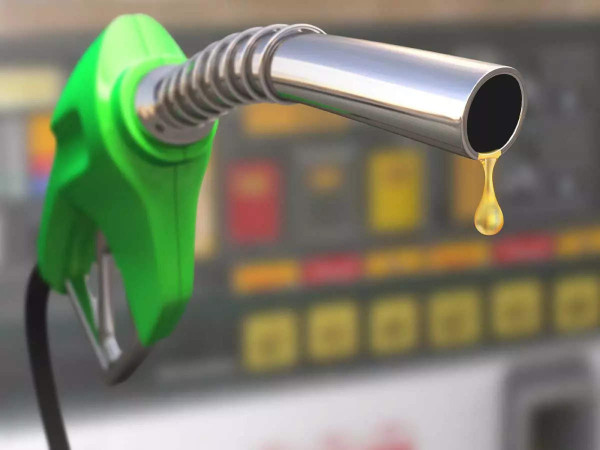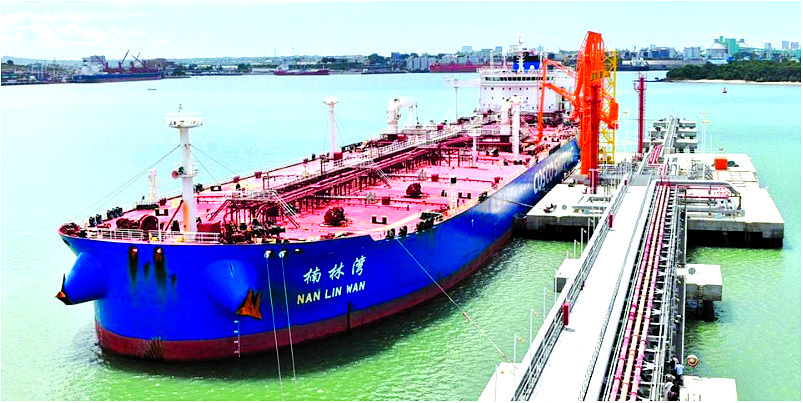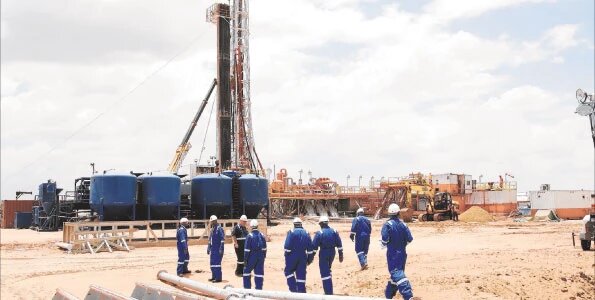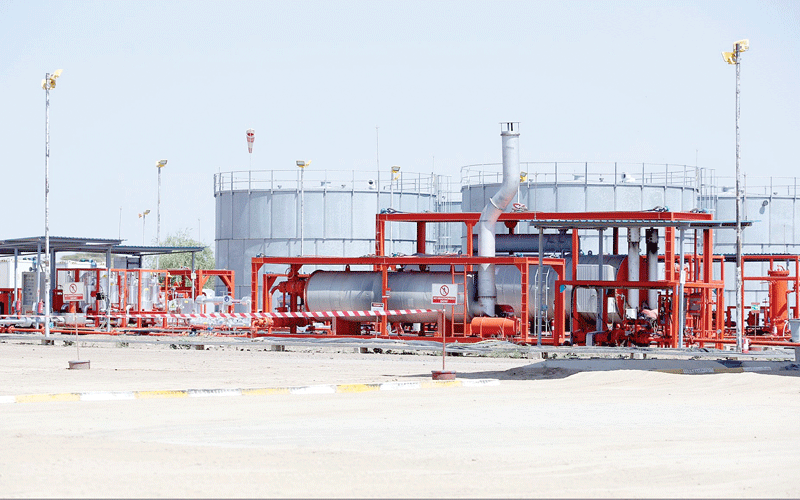Oil marketers await Sh60b subsidy cash

The Kenya government still owes oil marketers roughly Sh59 billion after it recently compensated oil marketers a paltry Sh5 billion for the fuel subsidy programme.
The arrears, according to the industry lobby group Petroleum Outlets Association of Kenya (POAK), is the balance from a total of Sh65 billion compensation that the oil majors claimed for the last three pricing cycles since June.
“Only Sh5 billion was paid like two weeks ago. There is however a worry at the moment because of the remaining Sh59 billion to Sh60 billion pending bills. There is no substantive communication from the government,” POAK Chairman Martin Chomba told the business hub in a response.
Dollar scarcity
The payment followed a meeting between the oil marketers, the National Treasury, and the Energy Petroleum and Regulatory Authority (EPRA) over the fuel subsidy uncertainty and dollar scarcity.
For over a year, the government has been slashing oil marketers’ margin at the pump through the fuel subsidy scheme to cushion motorists and households from the volatile global fuel prices then compensating them later.
However, this has lately turned too costly for the exchequer amid weakening shilling that has generally increased the county’s import bills. “Most of them (oil marketers) are expressing anxiety about the future because of subsidy money and shortage of dollars,” says Chomba.
Upon swearing in, William Ruto’s administration must focus on how to settle the pending bill after the supreme court upheld his win, paving way for presidential office assumption in coming days.
Cost of fuel will be among top challenges the incoming government must sort out amid pressure from the International Monetary Fund (IMF) to scrap the subsidy scheme amid high cost of living.
The state released an additional Sh16.68 billion in July to support the fuel kitty, giving households a short reprieve as diesel price was capped at Sh140.00 per litre with petrol retailing at Sh159.12.
Delayed payment and amount payable has previously been the focal point of fuel crisis with both the government and oil players blaming each other of sabotage.
Between March and April, the country experienced acute fuel shortage as oil majors diverted their products to the external market in protest of over Sh34 billion compensation.
Record compensations in the last pricing will be more on per litre of Kerosene consumed than diesel which widely drives Kenya’s manufacturing sector. Oil majors will be paid at a rate of Sh74.17 per liter of Kerosene compared to the Sh53.19 rate used last month.
Diesel compensation will be at Sh66.17 per litre of diesel while petrol will attract Sh54.91 per liter compensation. The cumulative spending on diesel compensation is however set to remain high due to larger volume consumed monthly.
Without the state intervention, Kenyans would be paying Sh214.03 per litre for petrol in Nairobi instead of the current Sh159.12. Diesel and kerosene would cost Sh Sh206.17 and Sh202.11 per litre respectively.















